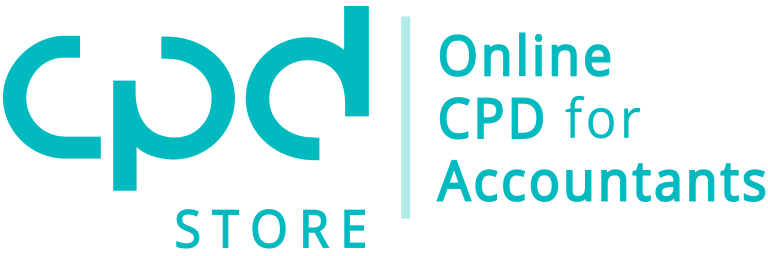Along with other finance professions, accounting faces the three core challenges of demographic, technological and socioeconomic changes that are currently reshaping the status quo of our economies, markets and investors’ expectations. These changes are not trivial in their nature, nor are they simple in terms of potential strategies that can help business owners, leaders and investors mitigate their adverse impacts.
Our course defines these challenges, map their evolution over time and across different sectors and geographies with direct application to Ireland, our economy, businesses, and investors. Where relevant, we also explore possible government fiscal and taxation policy responses to these challenges that are of direct relevance to the accounting profession. Our objective is not only to forewarn financial services professionals and markets participants of changes afoot, but also help them devise possible responses that can convert challenges into opportunities.
Constantin Gurdgiev covers the following topics during this course:
- The next technological revolution will be more disruptive from socio-economic perspective and costlier from investment point of view than digitalization age of the last 40 years. Are we ready for it?
- Rapid ageing of Western societies is dramatically shifting gravity of economic and geopolitical power and investment flows toward geographies we are less familiar with in terms of our trade and investment links. What are the correct investor and corporate responses to de-globalization and regionalization of trade and investment flows?
- Climate change, loss of natural capital and increasing reliance on non-renewable materials in global transition to ‘net-zero’ create a series of uncertain, complex and often ambiguous factors that require high degree of international cooperation and coordination to address. Is collective coordinated action across the borders feasible in today’s environment of de-globalization and regionalization? What can companies and investors do to convert these broadly-defined ‘ecological’ challenges into opportunities?
- Contrary to the prevailing public opinion, small open economies, like Ireland are becoming more, not less, vulnerable to the above changes. What, if anything, can Irish policymakers, business leaders and investors do to correct this trend?
Given the above challenges, tax and fiscal policies trajectory consistent with ameliorating the adverse impacts of growing systemic risks in the global economy tilts toward reducing income tax progressivity, increasing capital taxation and improving incentives for long term equity holdings. Is Ireland’s tax and fiscal spending policy stuck too far in the mid-20th century to allow for change in response to new challenges?
